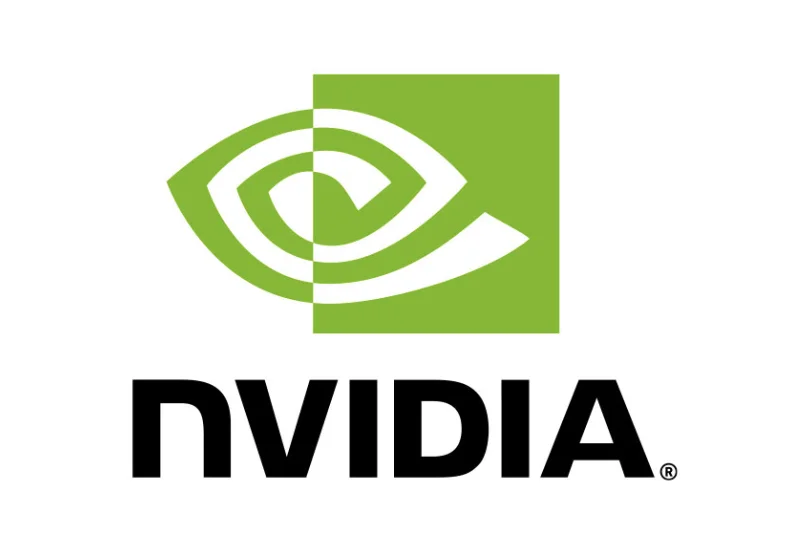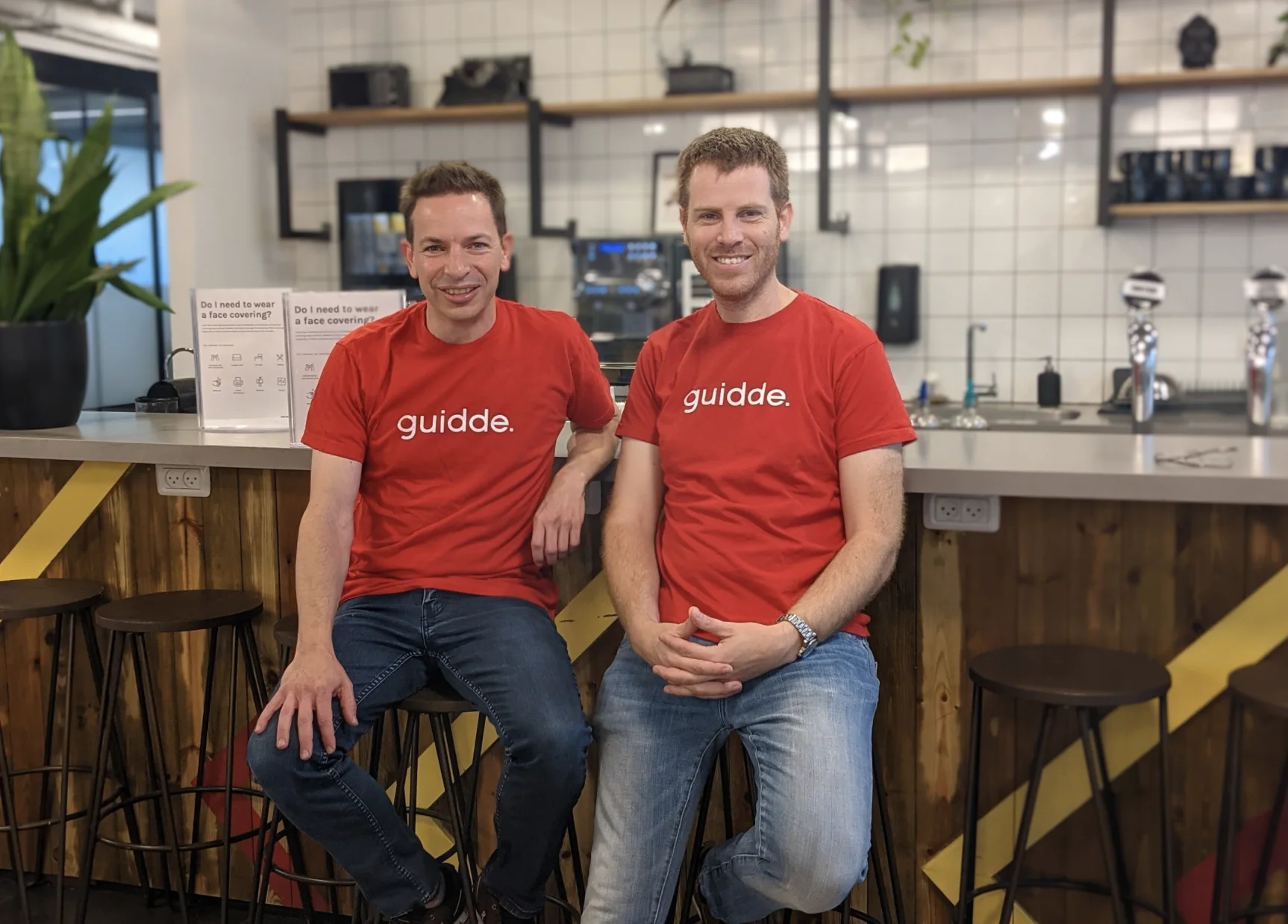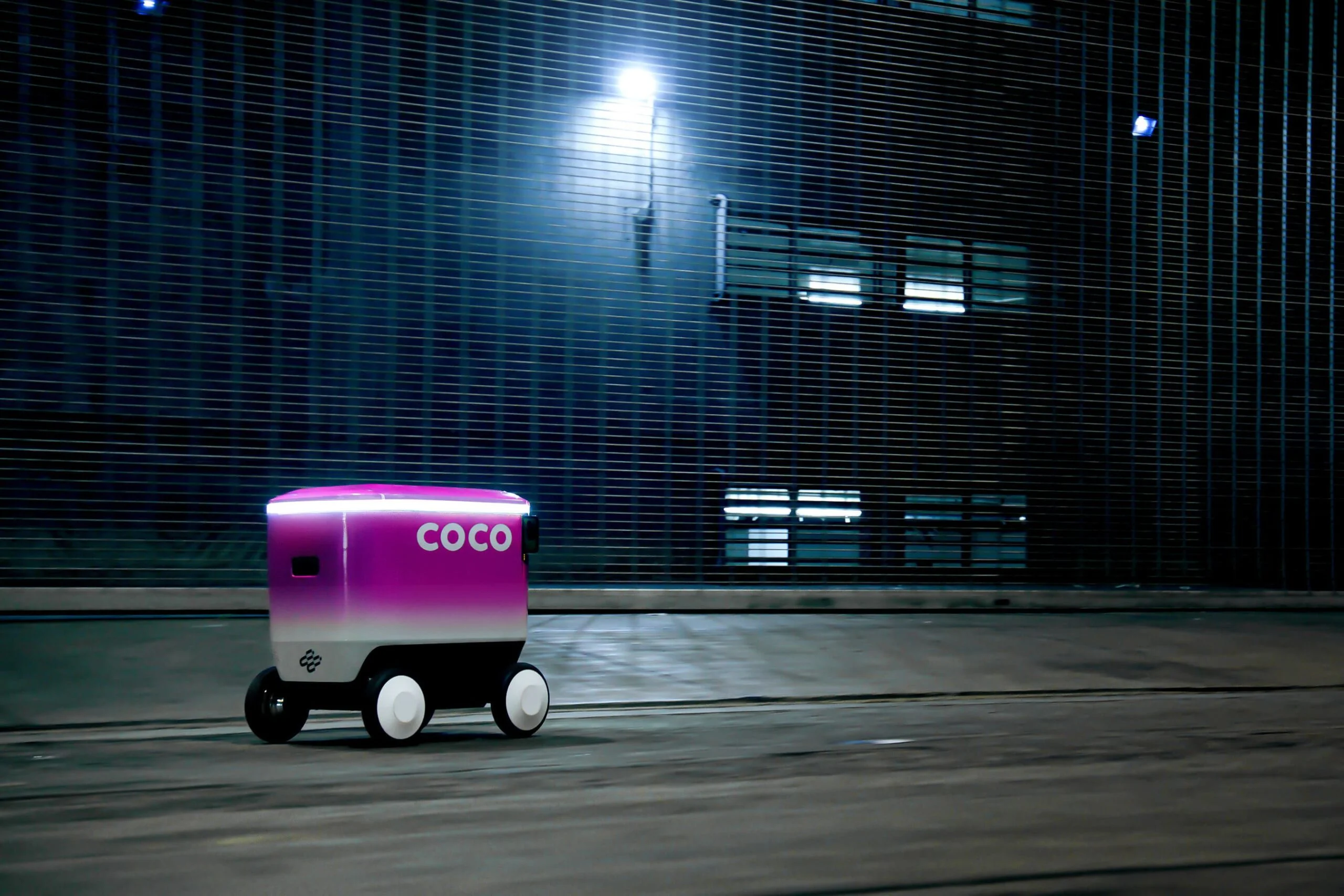Yesterday, AI Insider reported that ElevenLabs, an AI company established by a 29-year-old tech entrepreneur in London, achieved a valuation exceeding $1 billion. This significant milestone comes less than two years after the company’s inception, following a successful $80 million Series B funding round. The round was led by the US venture capital firm Andreessen Horowitz and saw participation from notable figures like former GitHub CEO Nat Friedman, Daniel Gross (who previously led AI development at Apple), and the tech venture capital firm Sequoia.
In a recent interview with London-based newspaper The Standard, Mati Staniszewski, former Palantir employee and co-founder of the company, talked about this achievement:
“It’s a huge boost in terms of the trust that investors have placed in us. It’s definitely a milestone but we realize the next few years are critical to stay at the forefront of technology,” said Staniszewski. “We need more engineers and we need people who will sell the technology to clients. Research is an important part of what we do and costs of the developing the models will go into the tens of millions of dollars to train the models and compete in the market.”
Specializing in AI-generated voices for video dubbing, ElevenLabs plans to utilize this new capital to expand its team and launch more products. This latest valuation marks a substantial increase from its Series A round a few months ago, which valued the company at $100 million.
The development is a testament to London’s growing reputation as Europe’s leading hub for AI. The city has recently witnessed significant AI investments and expansions. Google announced a $1 billion data center to enhance its AI capabilities, and OpenAI, the creator of ChatGPT, opened its first international office in London. Additionally, the US-based C3.AI shifted its European headquarters to London. This trend is not new: top British AI entrepreneurs, including the founders of Deepmind (now owned by Google), have established businesses in London that are now valued in the billions.
“There are more and more founders that I see building AI, as well as more people in traditional companies keen to join startups,” said Stanisczewski on the migration of companies to the UK capital. “I think there’s a realization in London that this technology can truly change a lot of our work the same way the internet changed the way we communicate. It’s exciting — for us as a company having our headquarters in London, it’s so nice to see more people building in this space.”
Featured image: Mati Staniszewski. Credit: Linkedin






